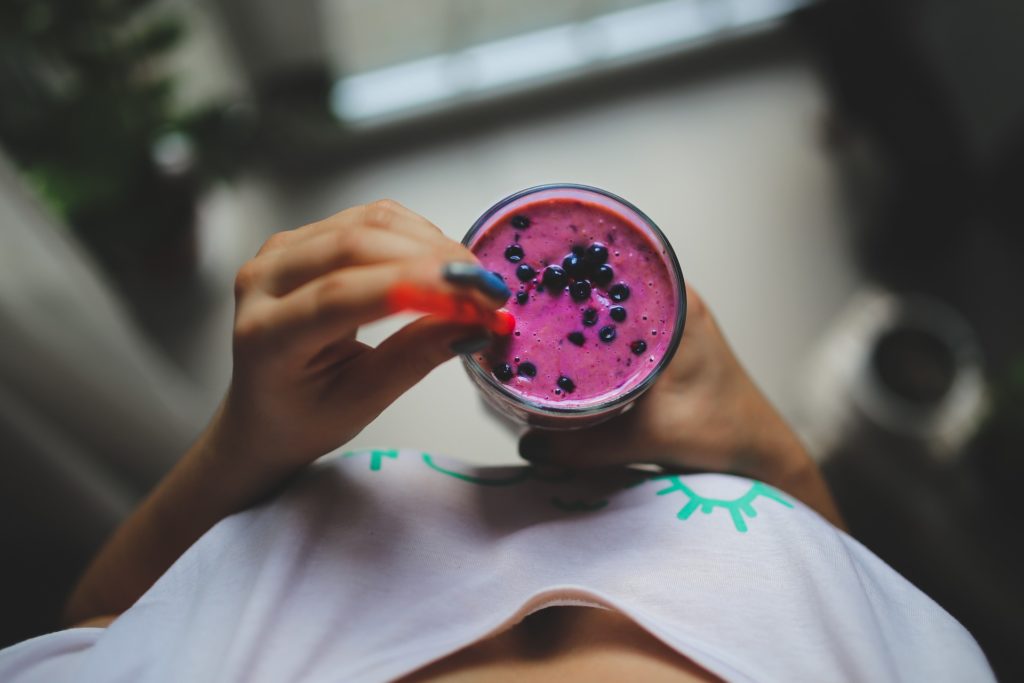- Calls to this hotline are currently being directed to Within Health, Fay or Eating Disorder Solutions
- Representatives are standing by 24/7 to help answer your questions
- All calls are confidential and HIPAA compliant
- There is no obligation or cost to call
- Eating Disorder Hope does not receive any commissions or fees dependent upon which provider you select
- Additional treatment providers are located on our directory or samhsa.gov
Debunking Myths of Juice Cleansing: Understanding the Facts

Juice cleanses seem to be all the rage, but are they actually healthy? Does drinking fresh, unpasteurized juice exclusively for days or weeks truly help your body rid itself of toxins and cleanse your system?
Long story short, the answer is “no.”
Impact of Fad Diets
Though celebrities tout the astounding benefits of juice cleanses and detoxification, the reality is that these are highly restrictive fad diets that involve depriving your body of key nutrients for days or weeks at a time. There is no research that suggests these cleanses have short-term or long-term benefits to the individual [1].
The good news is that the human body is designed to rid itself of toxins naturally. This is largely what the liver, kidneys, and gastrointestinal tract are for. There is no need to restrict your diet or purchase vastly overpriced juices since your body is already on top of it.
Some people turn to juice cleanses as a quick way to lose weight. Of course, this might be especially tempting for someone struggling with an eating disorder since it is a normalized version of disordered eating. Even for those looking to lose weight, any pounds shed are simply water weight that will be regained once the individual goes back to eating solid foods.
Professionals caution that extended juice cleanses can also lead to loss of muscle and other harmful effects that result from nutritional deficiency.
The Placebo Effect
Despite the fact that there are no true health benefits to juice cleanses, people often report that they feel better or more energized after a cleanse. This might be attributed to a version of the placebo effect.
Someone going into a juice cleanse often wants to “detox” their body, mind, and soul. It is more than just the toxins in their body, they use a juice cleanse as a restart button to trigger change and begin anew. This is why you might see companies capitalizing on this around the New Year.
 The placebo effect can be very real. You want to believe what you are told, and if you spend a third of your paycheck on fancy juice then you want to believe it will change your life. This can be harmless for some, but for many it becomes a dangerous trap of disordered eating and compulsive spending.
The placebo effect can be very real. You want to believe what you are told, and if you spend a third of your paycheck on fancy juice then you want to believe it will change your life. This can be harmless for some, but for many it becomes a dangerous trap of disordered eating and compulsive spending.
If you truly feel healthier after having consumed fresh juice, consider incorporating this into your daily routine as part of your regular meal plan. It does not have to make up your entire diet.
While some people feel better during and after a juice cleanse, others feel worse. Low blood sugar can contribute to feeling weak, lightheaded, and generally unwell. If this describes your experience on a juice cleanse, please put your physical and mental health first by listening to your body’s needs.
Caution to Those in Recovery
If you are in eating disorder recovery, it might be tempting to go on a juice cleanse. It seems much less disordered than a lot of other behaviors, and people will even commend you for it since it has become so widespread and trendy.
This is exactly why juice cleansing can be a slippery slope to relapse. Juicing and similar “clean eating” trends can mask orthorexia, anorexia, and other eating disorders.
Restricting solid food can be triggering and lead to other behaviors, not to mention the temporary short-term weight loss that often accompanies these juice fasts.
As mentioned above, people often start juice cleanses to make a change in their life. This might mean “detoxing” after a breakup, getting fired, or moving to a new town. These life events already pose potential triggers, so there is no reason to add fuel to the fire by starting a restrictive diet in the name of “cleansing.”
Alternatives can include getting into meditation, picking up a new hobby, or finding something else to spark change in your life. Remember to keep your recovery a priority and surround yourself with people who will support this.
 Staying Strong in Recovery
Staying Strong in Recovery
In order to fight your eating disorder, you must stay physically and mentally strong. This includes fueling your body and mind. While juices have some nutritional value, juice alone does not cut it.
Stay strong in your recovery and give yourself permission to ignore fad diets, including those disguised as detoxification or cleansing. It is this glorification of restriction that contributes to a culture of disordered eating in the first place. Stay on track and if you find yourself slipping up, be sure to reach out for help.
 About the Author: Courtney Howard is the Director of Operations & Business Development at Eating Disorder Hope. She graduated summa cum laude with a B.A. from San Diego State University, holds a paralegal certificate in Family Law, and is a Certified Domestic Violence Advocate. After obtaining her certification as a life coach, Courtney launched Lionheart Eating Disorder Recovery Coaching in 2015 and continues to be a passionate advocate for awareness and recovery.
About the Author: Courtney Howard is the Director of Operations & Business Development at Eating Disorder Hope. She graduated summa cum laude with a B.A. from San Diego State University, holds a paralegal certificate in Family Law, and is a Certified Domestic Violence Advocate. After obtaining her certification as a life coach, Courtney launched Lionheart Eating Disorder Recovery Coaching in 2015 and continues to be a passionate advocate for awareness and recovery.
References:
[1]: Nierenberg, C. “4 Myths About Juice Cleansing.” Live Science. November 2014, Retrieved online January 27, 2017.The opinions and views of our guest contributors are shared to provide a broad perspective of eating disorders. These are not necessarily the views of Eating Disorder Hope, but an effort to offer discussion of various issues by different concerned individuals.
We at Eating Disorder Hope understand that eating disorders result from a combination of environmental and genetic factors. If you or a loved one are suffering from an eating disorder, please know that there is hope for you, and seek immediate professional help.
Reviewed By: Jacquelyn Ekern, MS, LPC on January 31, 2017
Published on EatingDisorderHope.com

The EatingDisorderHope.com editorial team comprises experienced writers, editors, and medical reviewers specializing in eating disorders, treatment, and mental and behavioral health.

